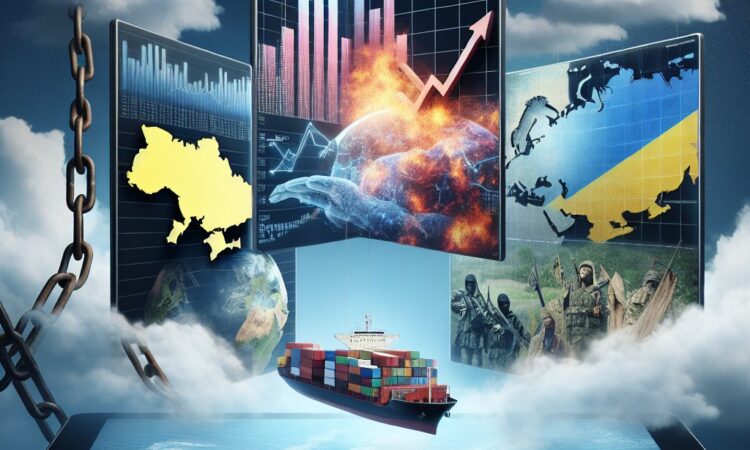Global Economic Outlook
The global economy is currently facing several challenges that have the potential to significantly impact its stability and growth. One of the major challenges is the rising inflation rate, which has been a cause for concern among economists worldwide. The increasing prices of goods and services can lead to reduced consumer purchasing power, resulting in a decrease in overall demand and economic activity.
In addition to inflation, supply chain disruptions have also become a significant issue. With the ongoing pandemic, many countries have experienced disruptions in global supply chains, affecting industries such as manufacturing, logistics, and retail. These disruptions can lead to shortages and delays in the delivery of goods, thus impacting businesses’ ability to meet consumer demands.
The war in Ukraine has further exacerbated the global economic challenges. The conflict has created geopolitical tensions, impacting trade relations and investor confidence. Uncertainty surrounding the situation can deter foreign investments and trade activities, leading to disruptions in global markets.
Due to these challenges, the International Monetary Fund (IMF) has downgraded its global economic growth forecast for 2023. The IMF acknowledges the risks posed by inflation, supply chain disruptions, and the war in Ukraine on global economic stability. There are concerns that if these challenges are not effectively addressed, the global economy could tip into a recession in the coming months.
It is crucial for policymakers and global leaders to take appropriate measures to mitigate the risks and address the underlying causes of these challenges. Collaboration among nations, implementing efficient monetary policies, and finding diplomatic resolutions to conflicts are some potential ways to stabilize the global economy and promote sustainable growth.

